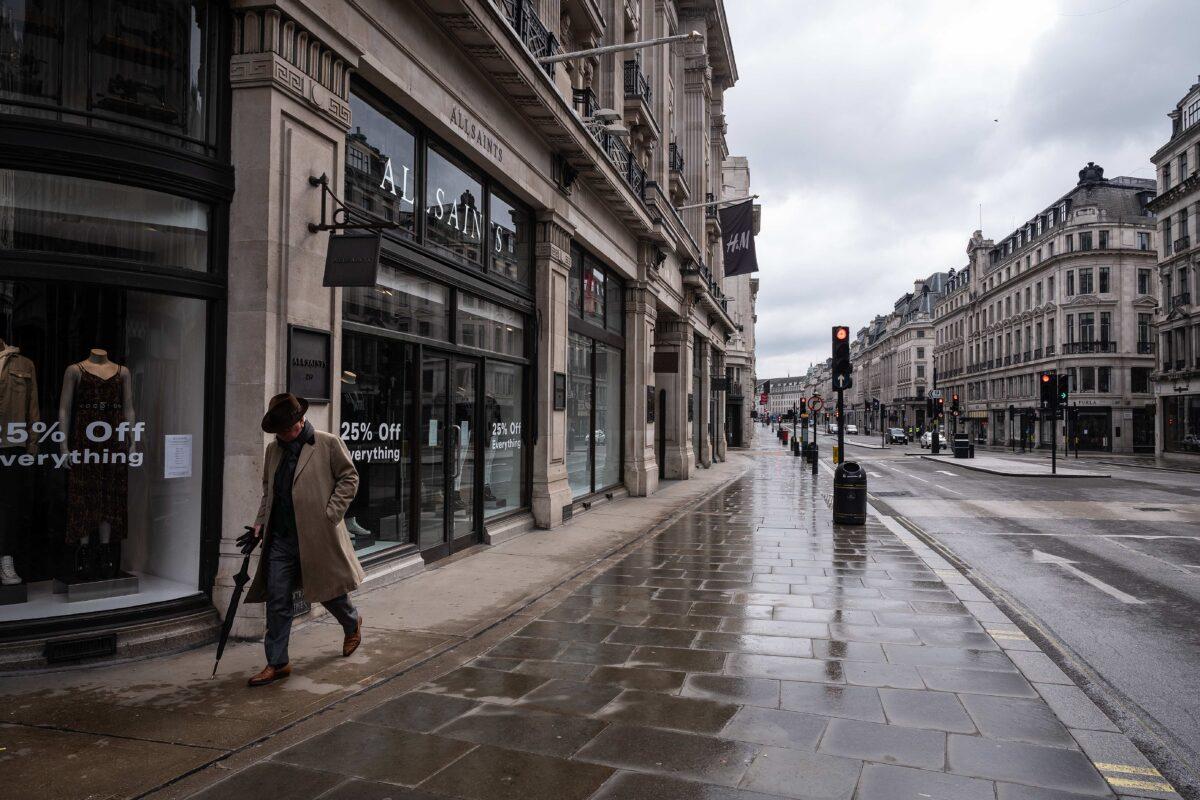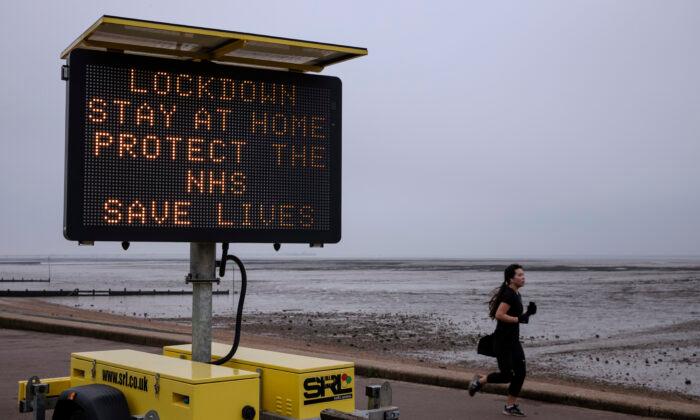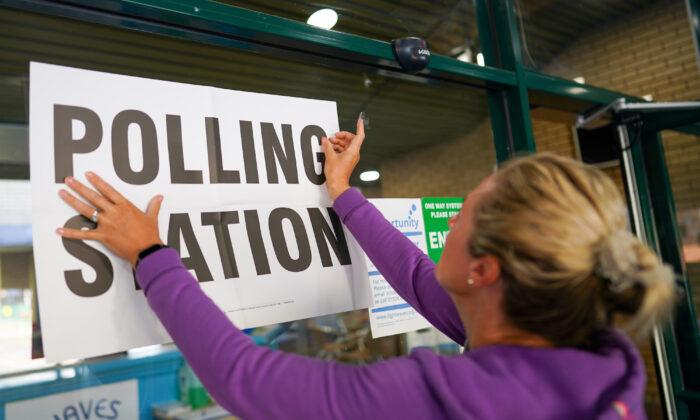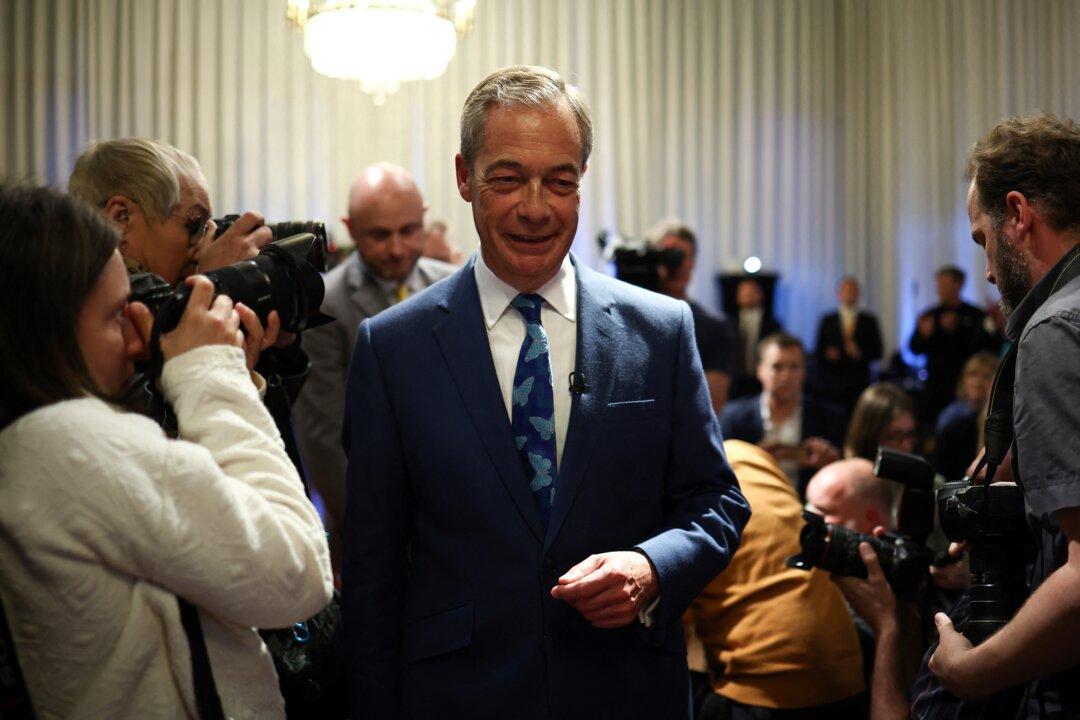Throughout the general election campaign, the economic fallout of COVID-19 lockdowns has been absent from political discourse, despite significant warnings about their lasting impact.
From early 2020 through 2022, the Conservative-led government directed massive expenditure aimed at mitigating the impacts of COVID-19.
Most major political parties have yet to address lockdown concerns even though there are potential long-term consequences for British citizens ahead of the July 4 general election.
The prevailing consensus, coupled with “cognitive dissonance” and a reluctance to confront uncomfortable truths has stifled meaningful debate, claim critics.
However, the economic repercussions of the lockdowns could dominate political discourse for years to come, warned one expert.
Additionally, the Bank of England implemented significant monetary measures during lockdowns, including a £450 billion expansion of its quantitative easing programme.
Long-Lasting Impact on Public Services
David Paton, chair in industrial economics at Nottingham University Business School and co-editor of the International Journal of the Economics of Business, told The Epoch Times by email that the lockdowns should be “a very high profile election issue.”“The government might argue that some expenditure on COVID measures was necessary and had significant benefits,” he said.
However, he noted, if we focus just on lockdowns, then the sums expended by the government were still huge and clearly have had a long-lasting impact on the government’s ability to fund public services.

He pointed out that although other factors are at play, such as support for high energy prices following the war in Ukraine and the ever-higher sums being spent on the “net zero agenda,” paying huge sums to businesses to shut down and people not to work has “had long-term consequences for inflation and public services.”
“Given also the strong evidence that such measures had little or no benefit even in preventing COVID mortality (and may even have increased excess mortality), this should really be a very high-profile election issue,” he said.
“The fact that the major parties are not discussing this issue probably reflects that they all went along with the policy—the main thrust of the opposition parties was to argue for even stronger lockdowns. But the fact that the main parties are happy avoiding the issue makes it all the more important that the media and press challenge this cosy consensus.
“That the mainstream media are not doing so is a big disappointment,” he added.

‘Massive Groupthink’
In his book, “The Covid Consensus: The Global Assault on Democracy and the Poor—A Critique From the Left,” co-authored with Toby Green, Thomas Fazi argued that authoritarian measures such as lockdowns, vaccine mandates, and enforced mask-wearing have “led to a biopolitical disenfranchisement of human rights and the encroachment of state and corporate directives onto private lives.”Mr. Fazi wrote extensively on how a massive upward transfer of wealth—“the largest in modern history in the shortest space of time”—led to deep economic suffering and a crumbling of small businesses, despite a handful of mega-corporations—particularly in the Big Tech and Big Pharma sectors—“making a killing.”
He was sceptical this would be addressed politically any time soon.
“Who can be expected to take up the issue when everyone—both major parties and the entire mainstream media across the board—supported lockdowns? They would be incriminating themselves,” he told The Epoch Times by email.
Mr. Johnson, former chairman of the Pizza Express chain, the Royal Society of Arts, and Channel 4, said there was almost universal support from both the Tories and Labour.
“It was a shameful, disgraceful episode,” he told The Epoch Times.
“I think there is partly cognitive dissonance, the massive groupthink, that no one is realistically prepared to admit what a catastrophic policy error it was,” he said. “Society is partly broken because of it in lots of ways,” he added.

Lockdowns Will ‘Dominate Politics for at Least 10 Years’
Senior British economist Paul Ormerod told The Epoch Times that what happened in lockdowns is a key determinant in the general election.He said that the astronomical cost of lockdowns has put a constraint on the government’s ability to do things and that voters are being presented with the bill for it.
He noted that Labour was even more enthusiastic about lockdown measures.
“There was no political party opposed to lockdown saying ‘no, this is a very serious mistake, we should be like Sweden,’” he said.
He added that criticising lockdowns was left to a minority of politicians, academics, and commentators. He said it’s increasingly obvious it “was a disastrous policy.”
“The bizarre thing about lockdown is every government policy is subject to cost-benefit analysis,” he said. “If you want to build this road, this hospital, you want to do this, you want to do that, there’s an assessment that needs to be done: what are the benefits of the policy and what are the costs?” he added. But he said that incredibly, this wasn’t done “officially.”
“Unofficially, outside economists concluded that on any reasonable set of assumptions, the costs far outweighed the benefits,” he said.
In terms of the scale of the economic situation, he noted that in the early 1980s and during the 2007–2009 financial crisis, output fell by about 4–5 percent. During lockdowns, it fell by over 20 percent, he said, adding that this was an “absolutely catastrophic fall.”
However, the Bank of England seemed to blame the resultant inflation on international factors such as supply chain issues and the energy crisis.
Mr. Ormerod called lockdowns “a massive elephant in the room” and said that the costs are becoming “apparent almost daily.”
He noted that the Edward Heath Conservative government during the 1970s engaged in policies that effectively expanded the money supply. And that period saw a combination of domestic economic policies and external shocks, such as the 1973 oil crisis, which resulted in higher energy costs and dramatic inflation.
He said that this struggle against inflation “dominated economic policy not just here, but across the West for at least 20 years.”
“And that was the principal theme behind economic policy, until it settled down in the 1990s,” he said.
Significant Concern
None of the political parties responded to The Epoch Times’ request for comment apart from UKIP and Reform UK.UKIP’s leader Lois Perry told The Epoch Times by email: “The economic fallout from the lockdowns is a significant concern, and we have comprehensive plans to address it. We acknowledge that the lockdowns were implemented without sufficient cost-benefit analysis, disproportionately affecting the poorest segments of society.”
She said that UKIP’s plans include “targeted financial support for individuals and small businesses that were hardest hit, along with retraining programmes to help workers transition to in-demand sectors. We are committed to managing monetary and fiscal policies prudently to control inflation and debt while supporting economic growth.”
Reform’s Chairman Richard Tice told The Epoch Times by email: “The Tories and Labour don’t talk about lockdown because of the grave damage it did to our economy and society.
“The Tories printed more than £400 billion to shut down life as we know it, setting off the current cost of living crisis, and Labour backed them to the hilt. Our public finances, living standards, and NHS haven’t recovered since. Reform UK opposed lockdowns and would never lock our country down again,” he added.







